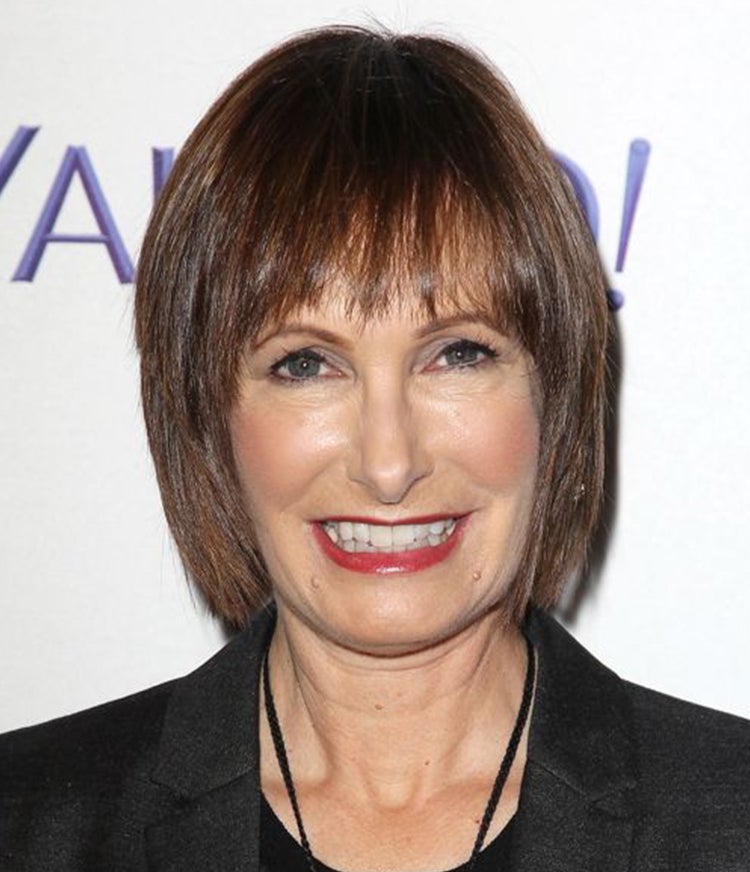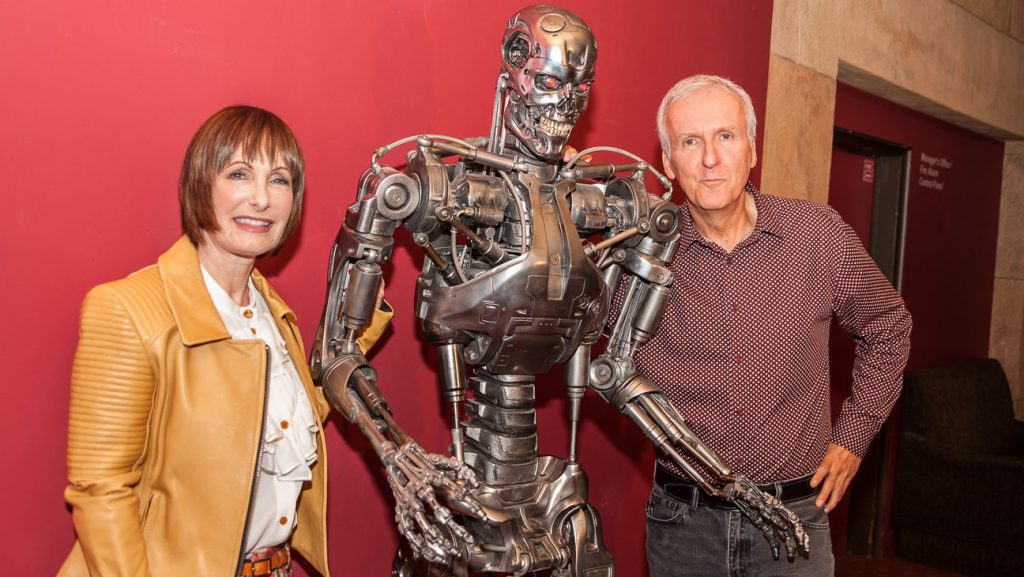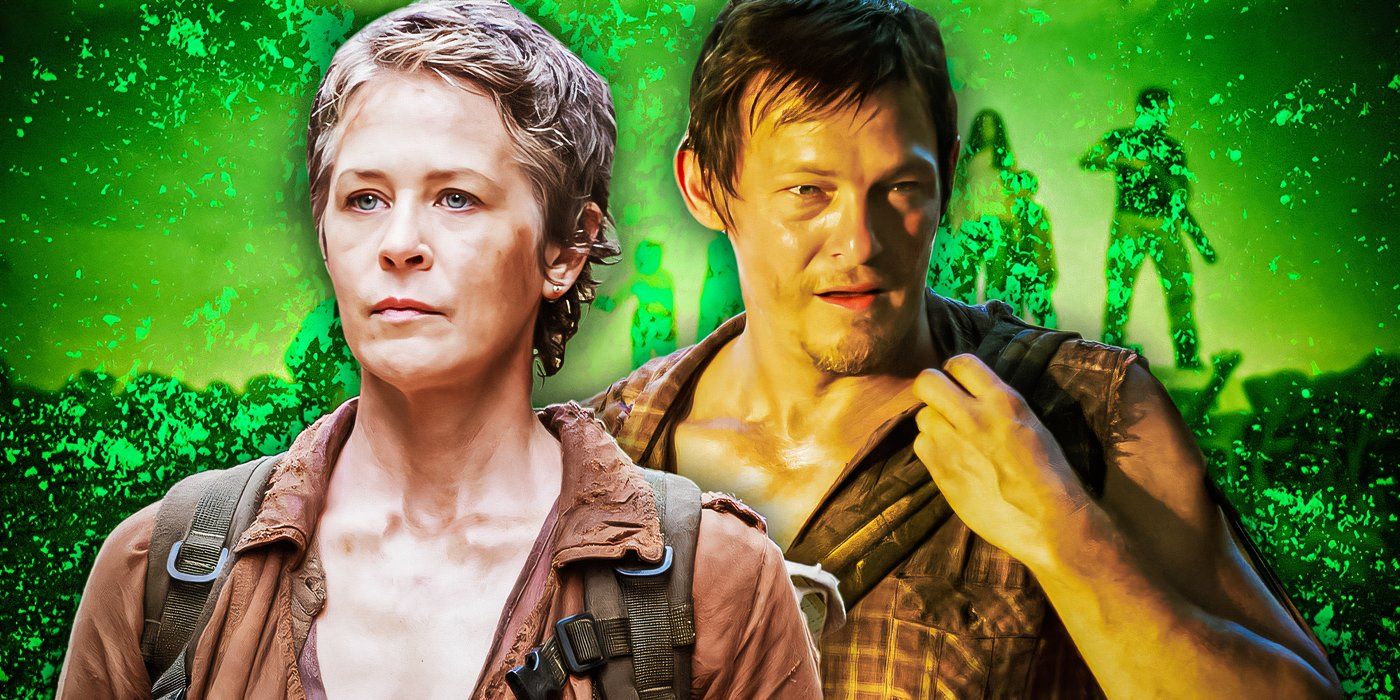With over sixty produced film and televisions credits to her name, producer Gale Anne Hurd has forged a successful career in film and television. Despite the blockbuster budgets and box office hits ranging from The Terminator, Alien, and The Walking Dead franchises, Gale considers herself an independent producer because she doesn’t have any studio deals. She spoke with Creative Screenwriting Magazine about crafting stories for mass audiences.
“The most important thing is we invest in characters because we care about them and they make us feel something,” she states. “They could make us laugh, form a heart-felt connection, or have a concern for their safety.” This is distinct from a strong plot, which can only be good if the audience experiences it through the eyes of the characters.
In describing commonalities among the characters in her films, “they follow ordinary people who are thrust into extraordinary circumstances. That could be on a personal or on a global level like saving the world. They often don’t believe that they have the skill set to succeed and then find it within themselves,” she continues.
Navigating Rapid Change In The Business
Hurd has witnessed turbulence in the film and television business for decades, but not as much as she currently sees. She stays grounded by “continuing to tell stories that illuminate the human condition. I want to tell stories that are inspiring and also cautionary,” she explains. “I don’t think we’ll ever run out of great stories great ideas and compelling characters.” We should all just ride the wave of change and uncertainty that underpins our industry.

Gale Anne Hurd
Gale has multiple projects in development at various stages to hedge her bets. Most of the decision-making process regarding green lighting and financing is out of her hands. Some are at early pitching stage while others are at advanced draft stage awaiting feedback from buyers.
In contrast to early in her career, Gale has seen a move away from appointment television in recent years. Audiences are barely getting through entire seasons, but when they do, they tend to binge watch them. The phenomenon of appointment television when people would gather at a specified time each week to watch and later discuss a television show is dwindling. “With the advent of streaming, we’re not sharing that experience because we’re watching these shows on our own.”
However, the types of TV shows made has widened. “There are more shows being made for niche audiences that appeal to a particular, but dedicated audience.”
Consolidation In The Business
The broad trend of major studios leaning away from original material continues unabated. There is also huge consolidation in the industry. “It means there are fewer buyers and options for moviegoers. Theaters are closing down, but it’s not due a declining interest in movies. People don’t leave home and watch them on streaming.”
There are still many blockbusters that succeed at the box office. However, Hurd would like to see more independent films, more documentaries, and foreign language films at cinemas to round out viewer choices.
Gale Anne Hurd voices her concerns about the wild new frontier of AI. She initially raised the issue in 1982 when she and James Cameron wrote The Terminator.

Gale Anne Hurd, The Terminator and James Cameron
“There are no guardrails at the moment and I fear greatly the amount of job losses, not only in my industry, but in every industry.”
Hurd also observes “the executives who worked for those networks or streamers have since been eliminated and buying is being reduced radically. That’s not just for shows that are on the air, but shows that are being developed to the script stage,” she laments.
Budgets will likely continue to go down, the number of episodes per television season will drop, as will the number of writers in a writers’ room in the foreseeable future.
Advice For Screenwriters
Screenwriters should diligently read the trades to be aware of what’s selling or what’s in development. Hurd believes this is more important for experienced writers. She doesn’t think it’s as vital for novice writers new to the art form.
“Tell a story that no one can tell better than you. Make sure the characters are distinct and that they all have their own fully-rounded arcs and unique voices.”
Hurd advises writers not to follow broader industry trends and focus on ideas that “speaker louder and you have a stronger connection to.” If you need to take time out from a script to work on another do so, but don’t have a pile of unfinished scripts.
Also, don’t emulate successful filmmakers. Be inspired by them and develop your own voice.
Gale Anne Hurd believes writers should broaden their skill set across multiple facets of filmmaking and consider becoming hyphenates.
“We should all be able to be what we want to, but equally importantly, be what we are qualified to do.” Hurd learned many aspects of filmmaking when she was working with Roger Corman who told her that she couldn’t become a successful producer unless she knew all aspects of the job.
“It’s important to have been on set to understand how sets and budgets work and also to understand how to communicate with actors.”
Screenwriters might also consider additional monetary avenues to monetize their writing. These include Broadway, video games, podacsts, and graphic novels. “Science fiction and fantasy tend to work in multiple arenas. When it comes to drama, you you can write a play and also books.”
Writers should read as many screenplays as they can. Then watch the movies from them to see how they translate from page to the screen.
“It’s very rare that a that a film is better than the underlying script, but there are plenty of cases when the film is worse.”
To conclude our conversation, we asked Gale which film she’d most love to have produced. “This will surprise people, but Mad Max the original. I just thought it was a fantastic, groundbreaking, and incredibly influential film.“
